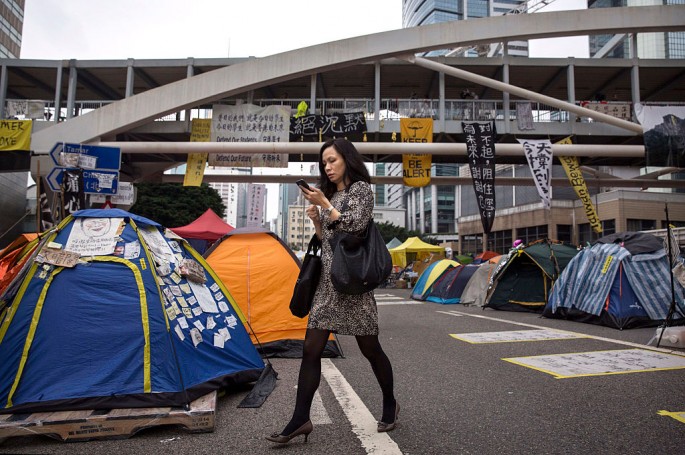Amid the rush to get pregnant a second time after the government lifted the one-child policy, Chinese women, particularly mothers, are finding it harder to find work, according to an article by China Daily.
This was the case with 29-year-old Lin Xia, from Chongqing, who quit her work after giving birth to her first child.
According to Lin, employers nowadays are concerned whether female job seekers are interested in having a second child.
"I thought it would be easier to find a job after giving birth," Lin shared with China Daily. "I had to answer whether I will have a second child before I could get a chance for a job interview."
Since the Chinese government ended the one-child policy last October, employers are facing the prospect that female employees might have to take two maternity leaves, which can go on for seven to eight months.
The end of the policy has also forced about 270 million married women of childbearing age to rethink their goals: career or family?
In a survey recently published by Ganji.com, a classified advertising women, respondents (who were career women) were asked about the pressures they face when it comes to considering about having a second child.
Over 76 percent of respondents cited financial resources as primary concern in raising two children, while over 71 percent responded that having two kids would equate to difficulty in balancing work and family life. In addition, almost 56 percent of respondents admitted that having a second child can have a negative impact on their career.
"There is no doubt that with the economic downturn pressure, many employers, especially private companies, are facing growing human resources costs and falling profit rates. They have to consider the potential contribution of employees they are going to hire," said Feng Lijuan, an expert on human resources.
"It is not only about maternity leave; a female employee might only fully get back to work after three to five years after having her first child. Taking the economic situation under consideration, it is not realistic to require companies, especially fast-growing startups, to give absolute equality when choosing their employees."
"It is not about gender choice. I would say this is a market choice," added Feng.



























